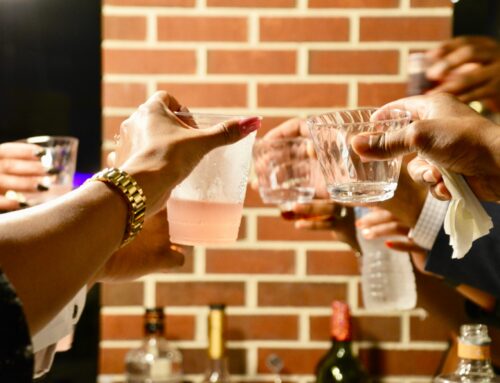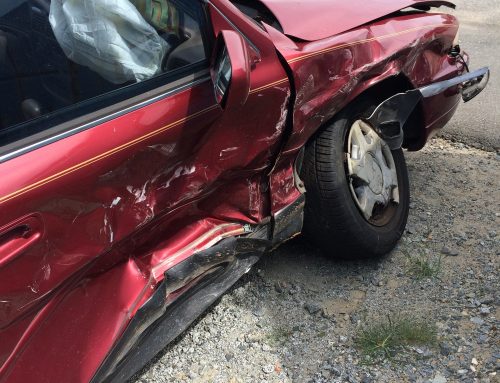Drunk driving accidents are fundamentally different from other motor vehicle accidents, and this distinction is not one you can overlook when planning a personal injury lawsuit. The criminal actions and charges of a drunk driver don’t directly interact with the civil side of the law, but personal injury attorneys can use these facts during their negotiations and jury appeals. No one wants to be involved in a serious accident, but if a drunk driver injures you or your loved ones in Florida, this can open up more avenues for compensation.
Punitive Damages: Most people think of compensatory damages (like medical bills and lost wages) when imagining a personal injury claim, but that isn’t the limit of what injured parties can receive. However, each case in Florida can possibly include punitive damages, up to a cap, which is awarded to punish the impaired driver and make it clear that reckless behavior won’t be tolerated in the state. Florida law allows these damages when the defendant’s behavior shows a “reckless disregard” for the safety of others, which is often easy to prove in cases involving a DUI. Punitive damages might not make up all of a case’s value, but it can significantly increase the total financial recovery for a victim.
Emotional Impact and Jury Sympathy: Juries tend to take drunk driving cases seriously because of the egregious nature of the offense. The knowledge that the at-fault driver chose to get behind the wheel while intoxicated—putting others’ lives at risk—can lead juries to award higher damages, especially for non-economic factors like pain and suffering or emotional distress. Most personal lawsuit injuries end far before a jury hears the case, but that doesn’t always matter. Insurance companies must negotiate while considering how juries will act and factor these added risks into their compromises. If not, a case may escalate to a court trial, resulting in even more compensation than negotiated settlements.
Severity of Injuries: Drunk drivers who are not in control of their actions and behaviors usually engage in riskier driving maneuvers, leading to more severe accidents. A drunk driving accident doesn’t necessarily mean worse injuries and a typical accident may be much more devastating. However, the risk is definitely higher, and the greater the injury, the higher the medical costs, future rehabilitation expenses, and loss of future earning potential.
Legal and Insurance Pressure: Insurance companies know that drunk driving cases come with risks, as defending a drunk driver in court can lead to bad press and larger jury verdicts that include punitive damages. As a result, they often push for quicker settlements and may offer higher amounts early on to avoid a drawn-out legal battle. Additionally, as punitive damages are always an option, insurers are likelier to settle rather than risk a trial with an unpredictable jury.
Criminal Charges Boost the Civil Case: It’s not guaranteed, but the at-fault driver will often face criminal charges and punishment following a drunk driving accident. While not always directly related, these charges can actually benefit your personal injury claim. A DUI conviction is powerful evidence of negligence in your civil case, making it easier to prove fault and maximize the settlement amount.
Probinsky & Cole understand that you are under a lot of stress and pain after an accident, and we want to help. When you work with our team of attorneys, we will gather the evidence needed to negotiate with insurance attorneys and secure the best settlement plan possible. If required, we can even take your case to trial to maximize the compensatory and punitive damages you receive. Contact Probinsky & Cole today to schedule a consultation.








